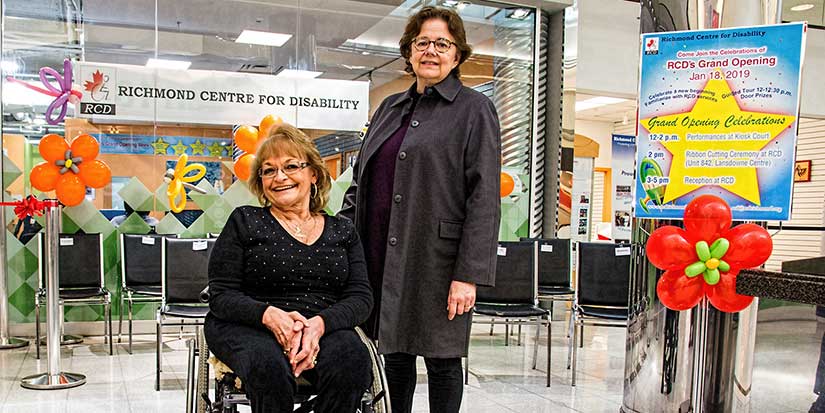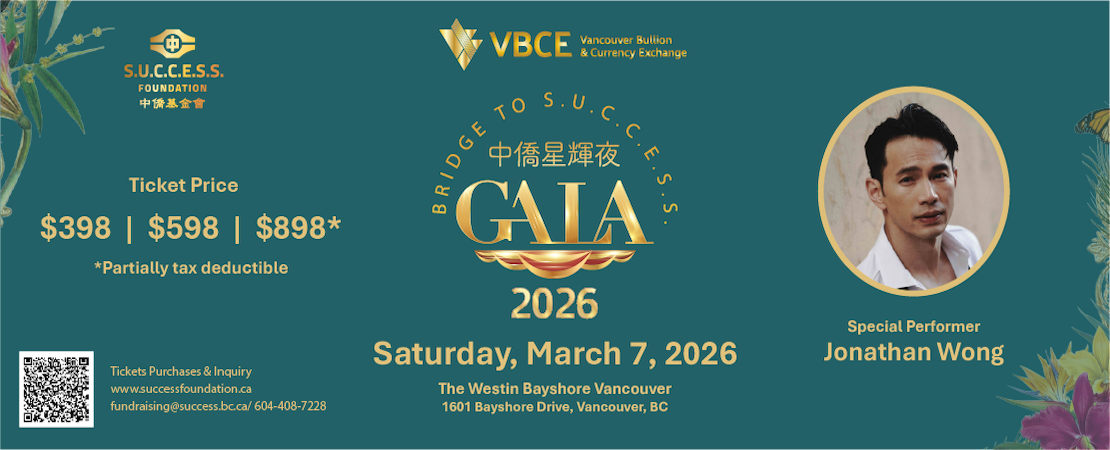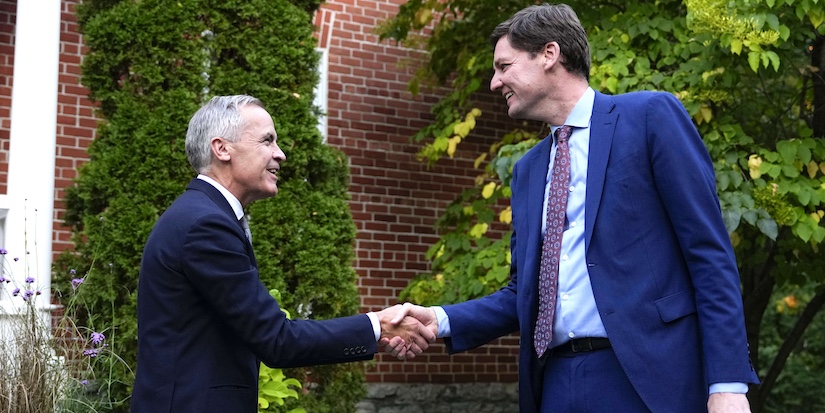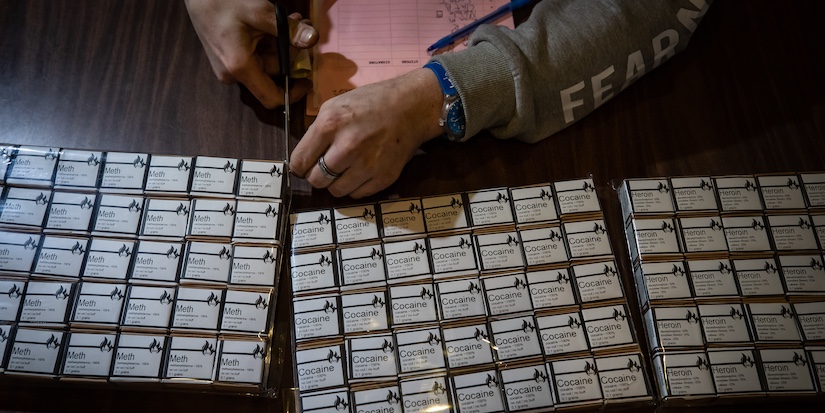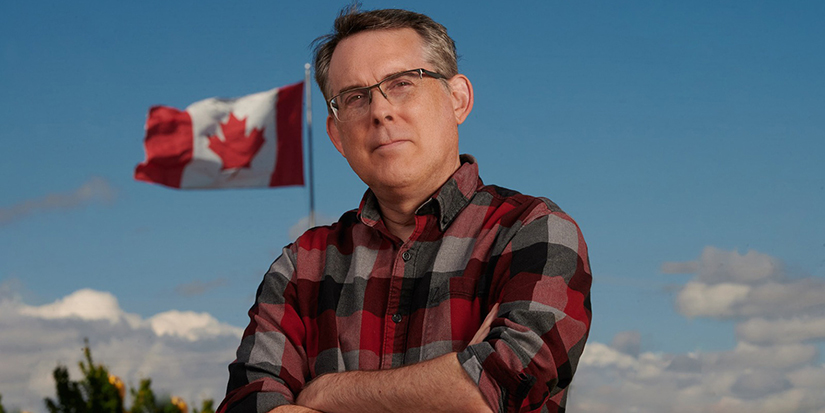Latest News
Kalshoven triumphs over polio
Published 1:57 PST, Thu December 19, 2019
Last Updated: 2:13 PDT, Wed May 12, 2021
—
This Christmas, city hall is bedecked with rows of gloriously decorated trees for this year’s Winter Wonderland. Sponsored by the Richmond Sunset Rotary, the display raises money for the Richmond Food Bank and Rotary International’s End Polio Now campaign.
For many, polio seems like something from the history books. But not for Eileen Kalshoven.
Born perfectly healthy a year-and-a-half before the vaccine was released in 1955, polio is something the Richmond woman knows personally. When she was 18 months old, she contracted the virus. Polio paralyzed her body, even her breathing muscles.
“I was in an iron lung. It was the only way I could breath. It affected me from head to toe,” Kalshoven says.
While she has no recollection of those days, Kalshoven says, “It was obviously a tremendous blow to my parents. It was pretty devastating for them when your only child has come down with this crazy, debilitating virus.”
And she was luckier than some. Polio kills 10 to 15 per cent of the people who get it. Even today, the numbers are higher for adults who catch it. Up to 30 per cent of them die.
In Canada, in 1953 around the time Kalshoven was born, there were nearly 9,000 cases of polio and 500 deaths. (That percentage of polio deaths in Canada is greater than the rate of HIV-caused death at the height of the AIDS epidemic.)
Kalshoven regained some of her lost muscle function through the passage of time, lots of hard work and medical interventions.
“Obviously I got a lot better over a certain period. I got a lot of my mobility back but not enough to be able to walk without crutches or calipers (leg braces),” she says.
She also had to have surgeries, starting when she was a pre-schooler. One was to cut constricted muscles in her leg to allow her to straighten it so she could walk better with crutches and leg braces.
Another operation fused her hip and a later one fused her spine that, without all the muscles holding it in alignment, had started to curve.
Still, she got on with life, living it to the fullest, traveling internationally and becoming a high-level athlete representing her native Zimbabwe.
“I used a wheelchair for sports in the 1972 (Paralympics) when I was still in school and again in the 1980 Paralympics,” she says.
While she used a wheelchair for sports and events, “I used it more permanently once I had my own home to run. It was a lot easier to maneuver,” she says.
Kalshoven and her husband emigrated from Zimbabwe to South Africa and then, in 1999, to Canada. She now works as the executive administrator at the Richmond Centre for Disability.
Kalshoven cites her African upbringing for her can do attitude. She says she’s done many things that able-bodied people haven’t even done. When asked what her life would have been like without polio, she says, “I’ve got nothing to compare it to. How would I know how my life would be different? This is my life.”
She continues, “People with disabilities, not just polio, they do have a purpose in the community. They are citizens just like everybody else. They do have the ability to contribute to society.”
“Look, in your eyes polio has cost me. In my eyes, it doesn’t make any difference to me because I don’t know anything else,” she says.
“I have done a ton of things that you will never do. Please don’t portray me as a poor or downtrodden because I am not,” Kalshoven says.
She values her life, “I’m breathing. I have a great job. I have a great husband. What more do I want?”
Yet when it comes to the topic of the polio vaccine and Rotary International’s program to eradicate it through vaccination, Kalshoven says, “You need to be cognisant of what’s going on in the world and how not being vaccinated is going to affect your life or your kid’s.”
She says that for many, polio doesn’t seem like the threat it is
“It doesn’t seem like a reality (for them).”
Rotary’s efforts this Christmas in Richmond and around the world, to End Polio Now, are having an effect. But still in the over a half a century that an effective preventative vaccine has been available, there are new cases. And, with modern travel, the disease can revisit us again, right here at home, much like measles has.
Rotary International says, “Today, polio remains endemic only in Afghanistan, Nigeria, and Pakistan. But it’s crucial to continue working to keep other countries polio-free. If all eradication efforts (vaccinations) stopped today, within 10 years, polio could paralyze as many as 200,000 children each year.” That’s roughly the population of Richmond.
“Surely to goodness, you would have thought by this time polio would have been eradicated,” Kalshoven says of the importance to support the End Polio Now vaccination program.
The money Richmondites donate at Winter Wonderland will join the $130 million Rotary International has already raised. This money joins the worldwide, multi-agency effort the Global Polio Eradication Initiative polioeradication.org/
Standing beside Kalshoven, one can see the difference the polio vaccine has made. Yet she is utterly clear that she’s having a great life. Once the vaccine was introduced into Canada, it took another 15 years to have the country declared polio free.
Polio can only pass between humans.
And though she’s living life vigorously, when asked if she were a parent would she have her kids vaccinated against polio, Kalshoven doesn’t hesitate, “Of course, for sure definitely.”
To donate to Rotary International’s End Polio Now campaign email magrleung@gmail.com or go to richmondsunsetrotary.org for more information on the Richmond Sunset Rotary.
